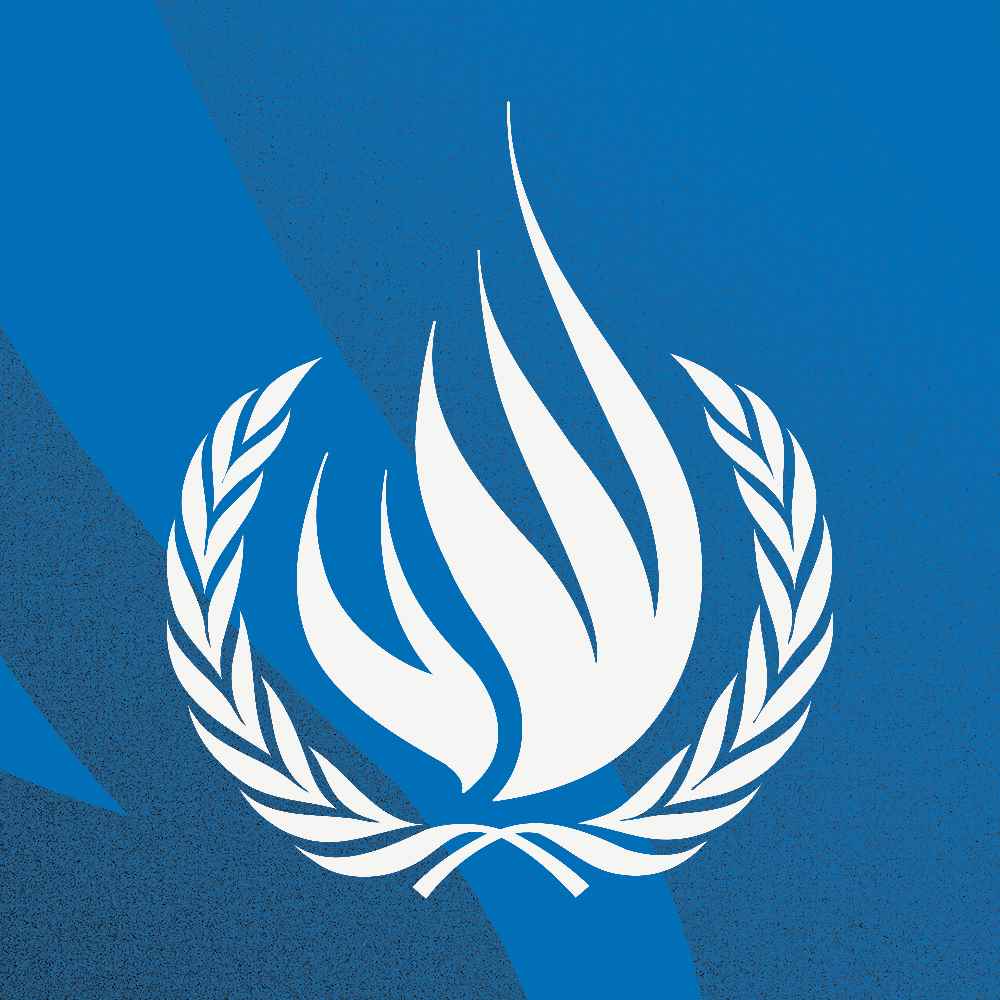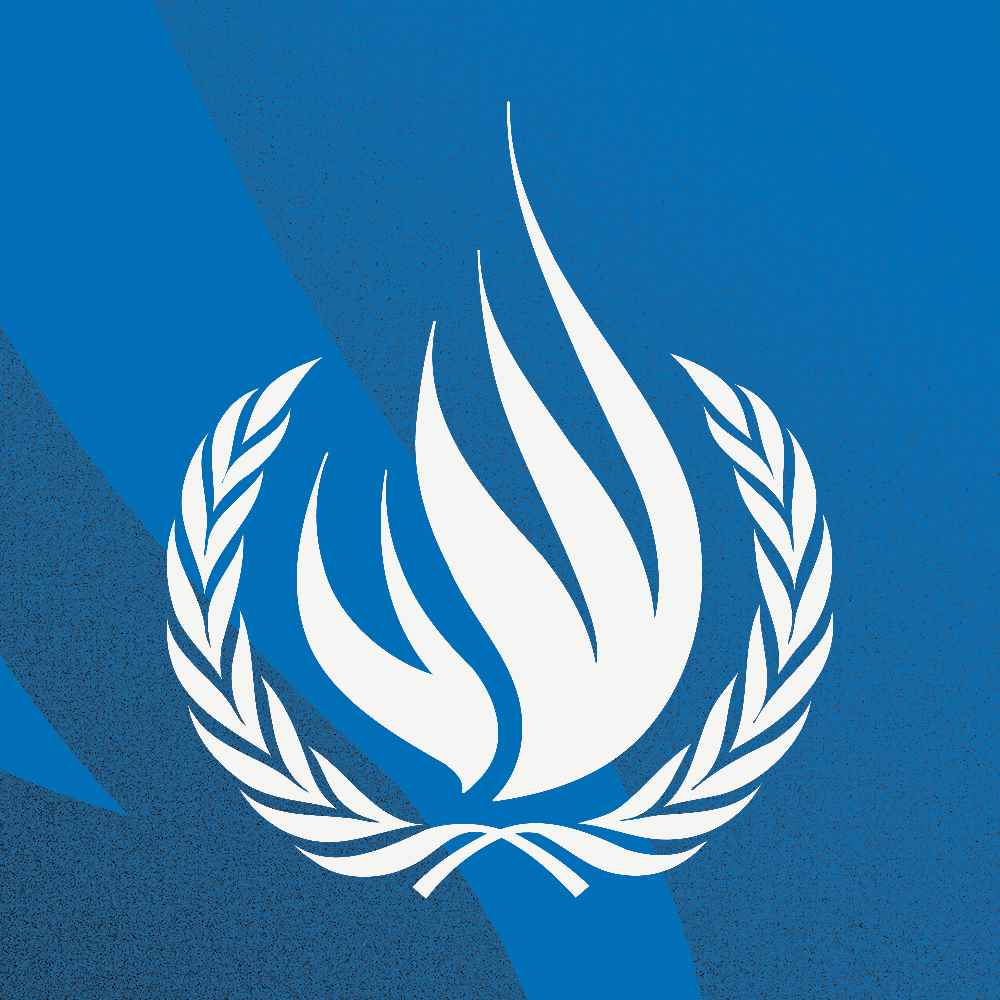
GENEVA (09 March 2023) – The United States is using extraterritorial jurisdiction to impose sanctions on foreign individuals, UN Special Rapporteur Alena Douhan said today, raising concerns about human rights violations, including the right to due process.
"The United States has for years been imposing sanctions on individuals and entities without national criminal jurisdiction and in the absence of universal jurisdiction," said Douhan who is the UN expert on the negative impact of unilateral coercive measures on the enjoyment of human rights.
"This is a clear violation of due process rights, including the presumption of innocence and fair trial,” Douhan said, highlighting that these rights are guaranteed under the International Covenant on Civil and Political Rights – which the United States has ratified and must fully implement.
“Unilateral sanctions target individuals abroad for alleged activities outside the United States, including activities that are legal where they occur,” she said. Douhan indicated that secondary sanctions target foreign individuals and companies for alleged interaction with sanctioned parties or for evading sanction regimes.
The Special Rapporteur observed that US sanctions typically prohibit entry into the United States and freeze any assets with a US connection, thereby violating the rights to freedom of movement and not to be arbitrarily deprived of property.
"Fear of US sanctions has led many foreign companies and financial institutions to over-comply in order to reduce their risks. This only exacerbates the impact of sanctions on human rights," Douhan said.
The expert added that human rights are infringed when US trade bans against certain countries penalise foreign companies for doing business. "These policies affect labour rights, freedom of movement, and the rights of foreign individuals who may be associated with these companies," she said, citing harm to the rights of individuals who rely on the companies" goods or services, including such as medicines and medical equipment.
The Special Rapporteur questioned the compatibility of this type of imposition of extraterritorial jurisdiction with international human rights standards, and invited stakeholders to reflect on its meaning vis-à-vis the international principle of non-interference in domestic affairs.
ENDS
*The Expert: Ms Alena Douhan,Special Rapporteur on the negative impact of the unilateral coercive measures on the enjoyment of human rights
Special Rapporteurs are part of what is known as the Special Procedures of the Human Rights Council. Special Procedures, the largest body of independent experts in the UN Human Rights system, is the general name of the Council’s independent fact-finding and monitoring mechanisms that address either specific country situations or thematic issues in all parts of the world. Special Procedures’ experts work on a voluntary basis; they are not UN staff and do not receive a salary for their work. They are independent from any government or organization and serve in their individual capacity.
For more information and media request please contact:
Damianos Serefidis
(damianos.serefidis@un.org)
For media inquiries related to other UN independent experts, please contact
Maya Derouaz
(maya.derouaz@un.org) or
Dharisha Indraguptha
(dharisha.indraguptha@un.org)
Follow news related to the UN"s independent human rights experts on Twitter @UN_SPExperts
Concerned about the world we live in?
Then STAND UP for someone"s rights today.
#Standup4humanrights
and visit the web page at http://www.standup4humanrights.org









